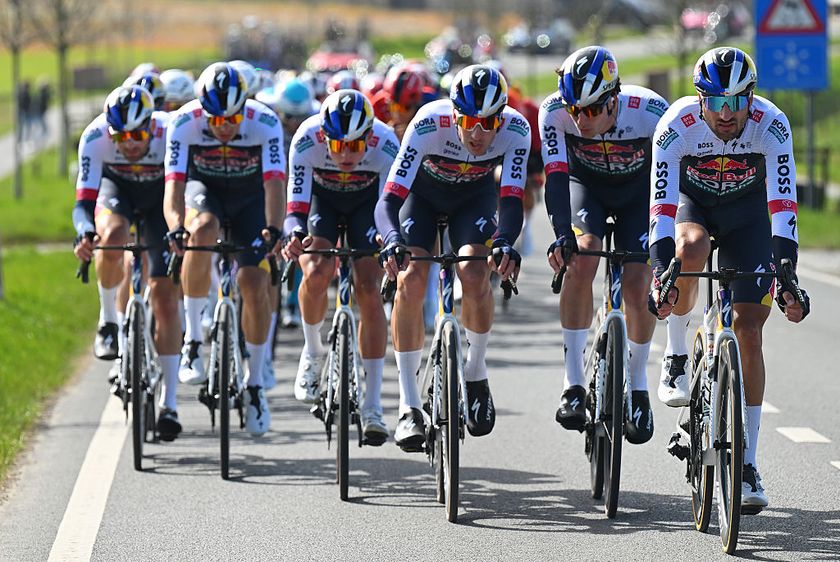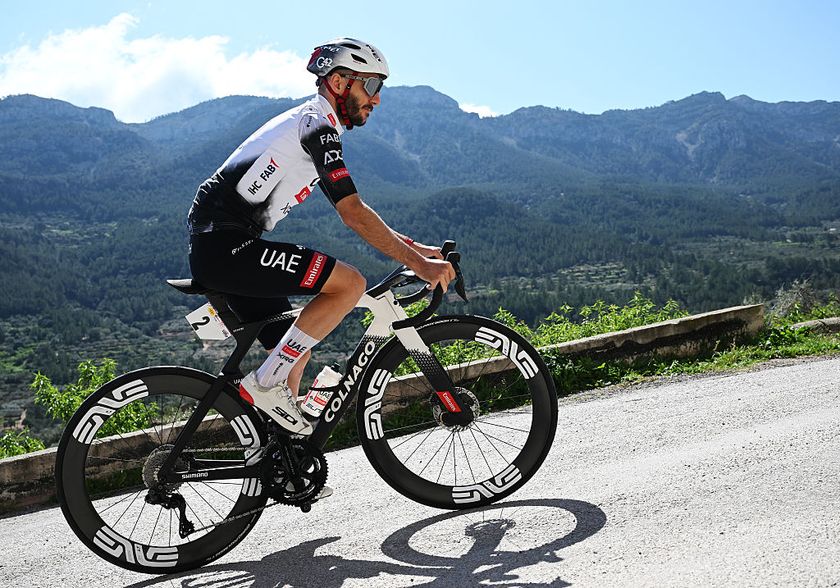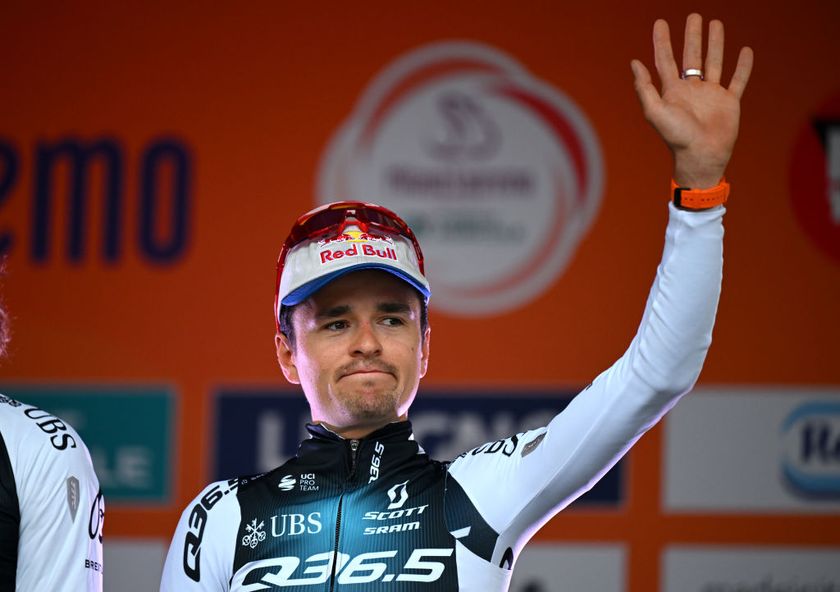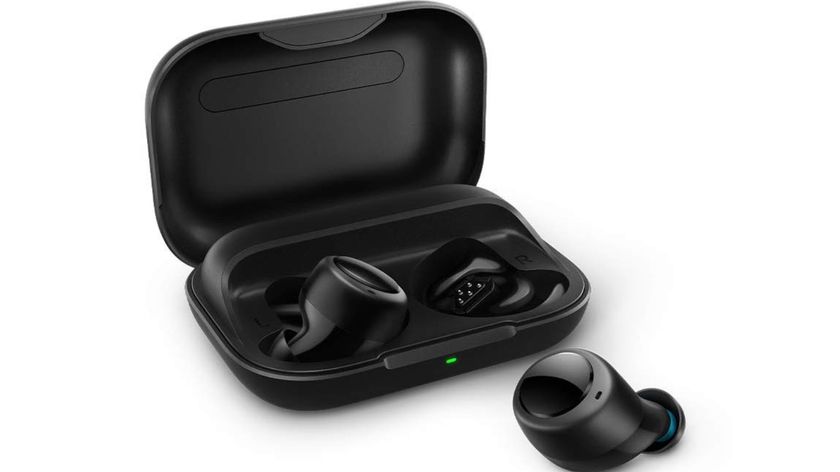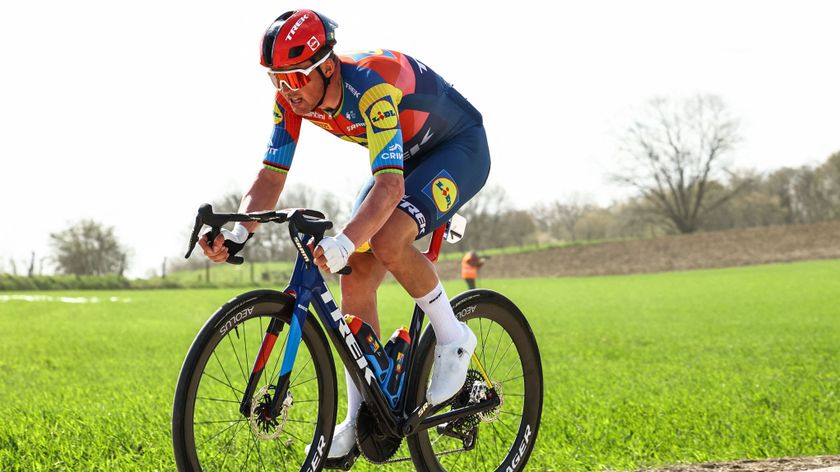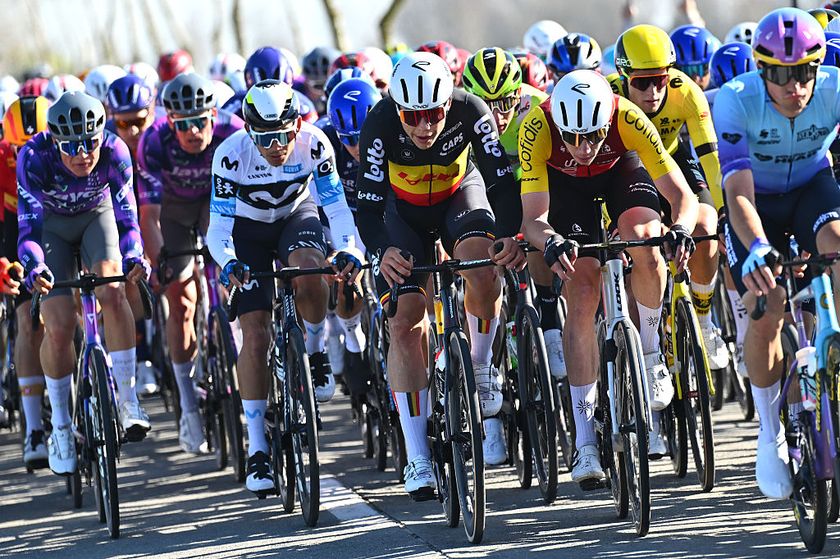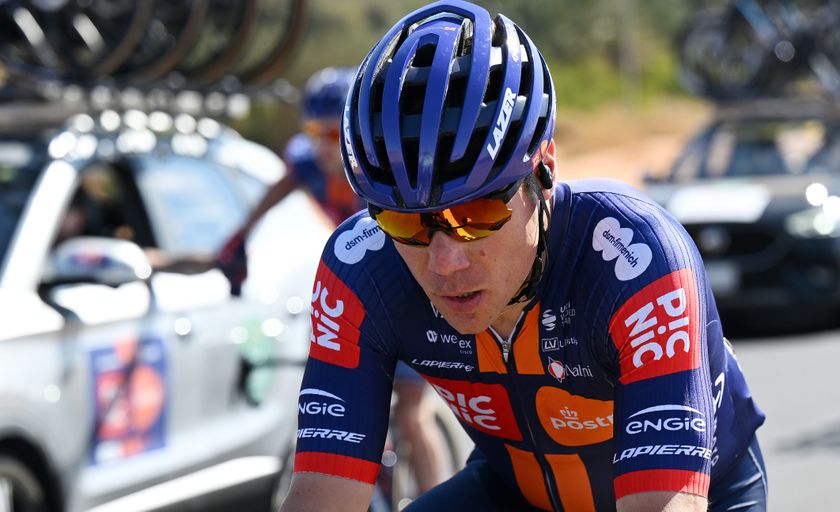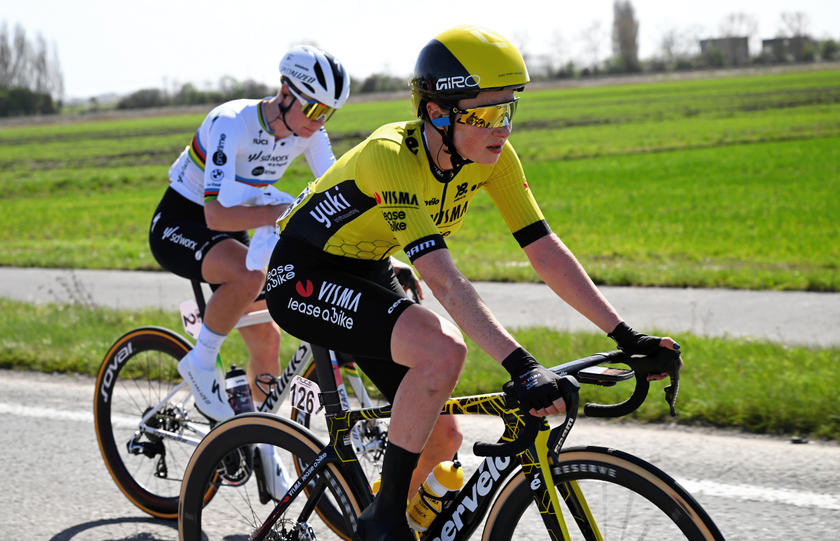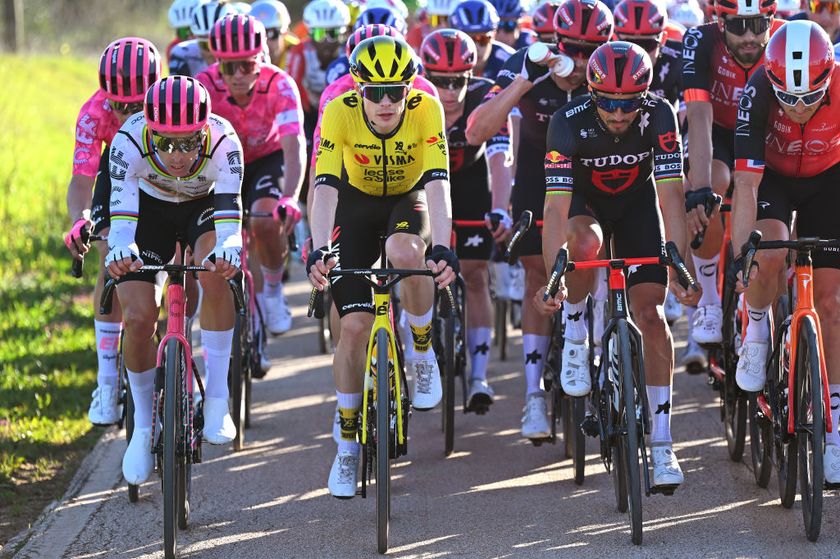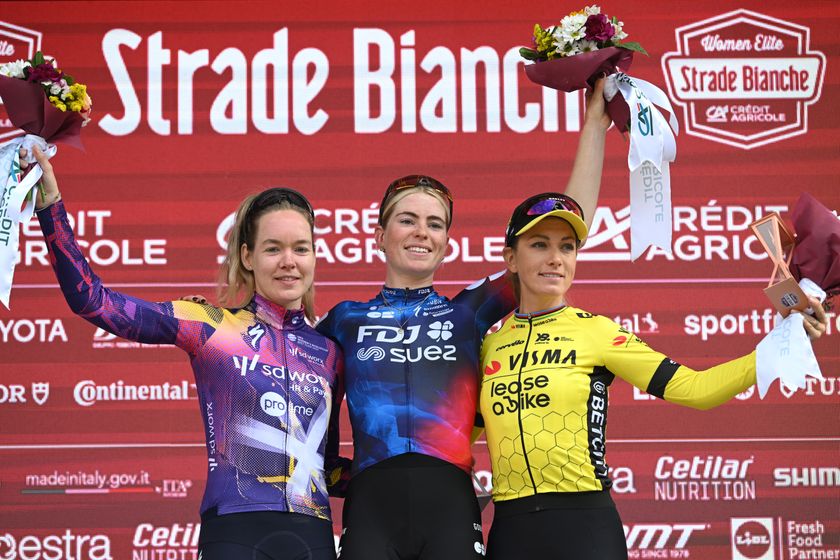Portal: Young riders no longer have to learn from mistakes
'Now, everything is recorded and mapped out' says Ineos director after watching Pogačar cruise to Valencia victory
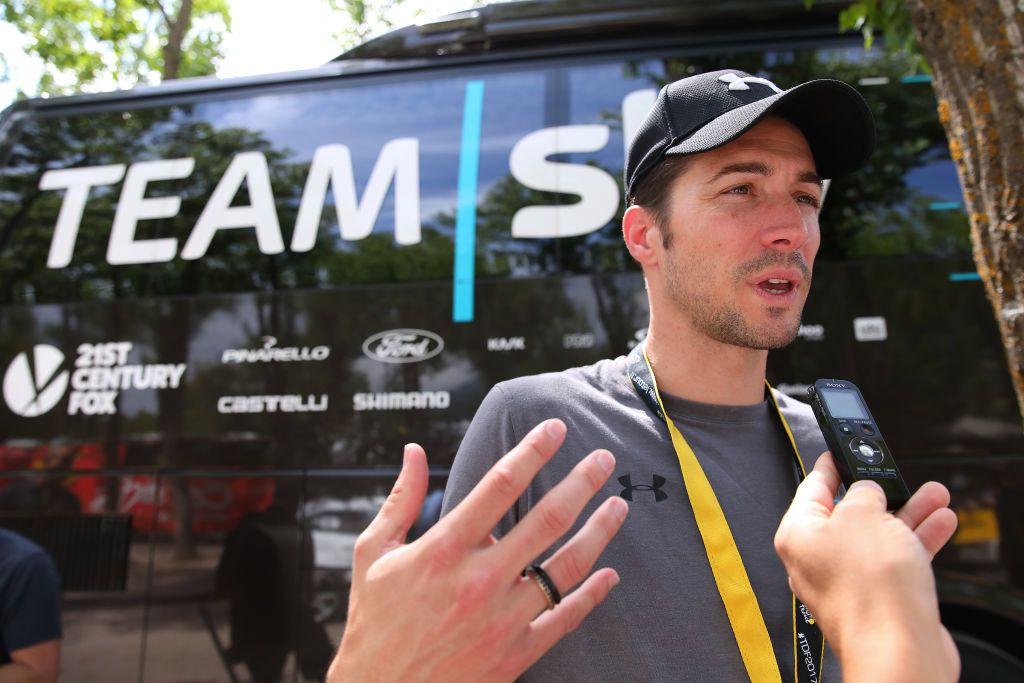
Team Ineos director Nicolas Portal believes the impact being made by young riders is in part due to the wealth of data at their disposal, negating the 'trial-and-error' process of adaptation to the professional ranks.
Portal, who was in the Ineos car as Egan Bernal became the youngest winner of the Tour de France in more than 100 years last July, was speaking to Cyclingnews after watching 21-year-old Tadej Pogačar claim his second stage victory of last week’s Volta a la Comunitat Valenciana.
The Slovenian, who won three stages and finished third overall at the Vuelta a España in his first season, started his second in style by winning the Valenciana title at what Portal saw as a canter.
"You could see his shape, his back, how he was moving on the bike, and you could feel he was not going full gas, that if there were three or four guys there to fight with him he could have found this extra gear," Portal said of the stage 4 victory.
"It was like at the Vuelta – when he went, he just did his own thing, like 'I go guys'. For sure, this kid is unbelievably strong, and he seems to be a nice guy, too."
Pogačar and Bernal are among a wave of young riders - including Remco Evenepoel - tasting success in their early years as professionals and doing away with the notion that the early 20s are about serving a sort of apprenticeship. The pair are set to clash at this year’s Tour de France and could forge a rivalry over the next decade or so.
"I'm not going to compare Egan with Pogačar because that would be disrespectful to them both," Portal said. "The only thing you can say is 'fuck, those guys are flying, and they’re kids.'"
Get The Leadout Newsletter
The latest race content, interviews, features, reviews and expert buying guides, direct to your inbox!
For Portal, the rise of the 'kids' is explained partly by their natural talent – "it's in their DNA" – but also by the wealth of data and science at their disposal, with the junior levels of the sport becoming increasingly professionalised.
"The kids now, if you look at freestyle skiing, when they do 360s, you go on Youtube and there are 10-year-olds doing these jumps. It’s because we have the data to explain how to do this with your body, your balance, how to train – they can train with this kind of box where you land in foam," he said.
"In cycling, it’s the same thing when guys are in the cadets or juniors. They have power meters now, they can better understand what they’re doing, and how they can project themselves. When you didn’t have all this, you had to do the experience by yourself.
"You’d say 'right, I think that should work, and you'd have to try it, but there was no data before your trial, so you'd make mistakes and then learn from them. Now, everything is recorded and mapped out, so it's slightly easier.
"The reality is also that they're just good – it's in their DNA – but the process behind it, having that earlier, helps a lot. Now there's more 'process', and we can understand more things.
"It's crazy to think, when we see the kids now, how they play with all the media, I know it's a bit of a stereotype to say, but the next generation, in 20-30 years, will be absolutely nuts."
Cyclingnews is the world's leader in English-language coverage of professional cycling. Started in 1995 by University of Newcastle professor Bill Mitchell, the site was one of the first to provide breaking news and results over the internet in English. The site was purchased by Knapp Communications in 1999, and owner Gerard Knapp built it into the definitive voice of pro cycling. Since then, major publishing house Future PLC has owned the site and expanded it to include top features, news, results, photos and tech reporting. The site continues to be the most comprehensive and authoritative English voice in professional cycling.
